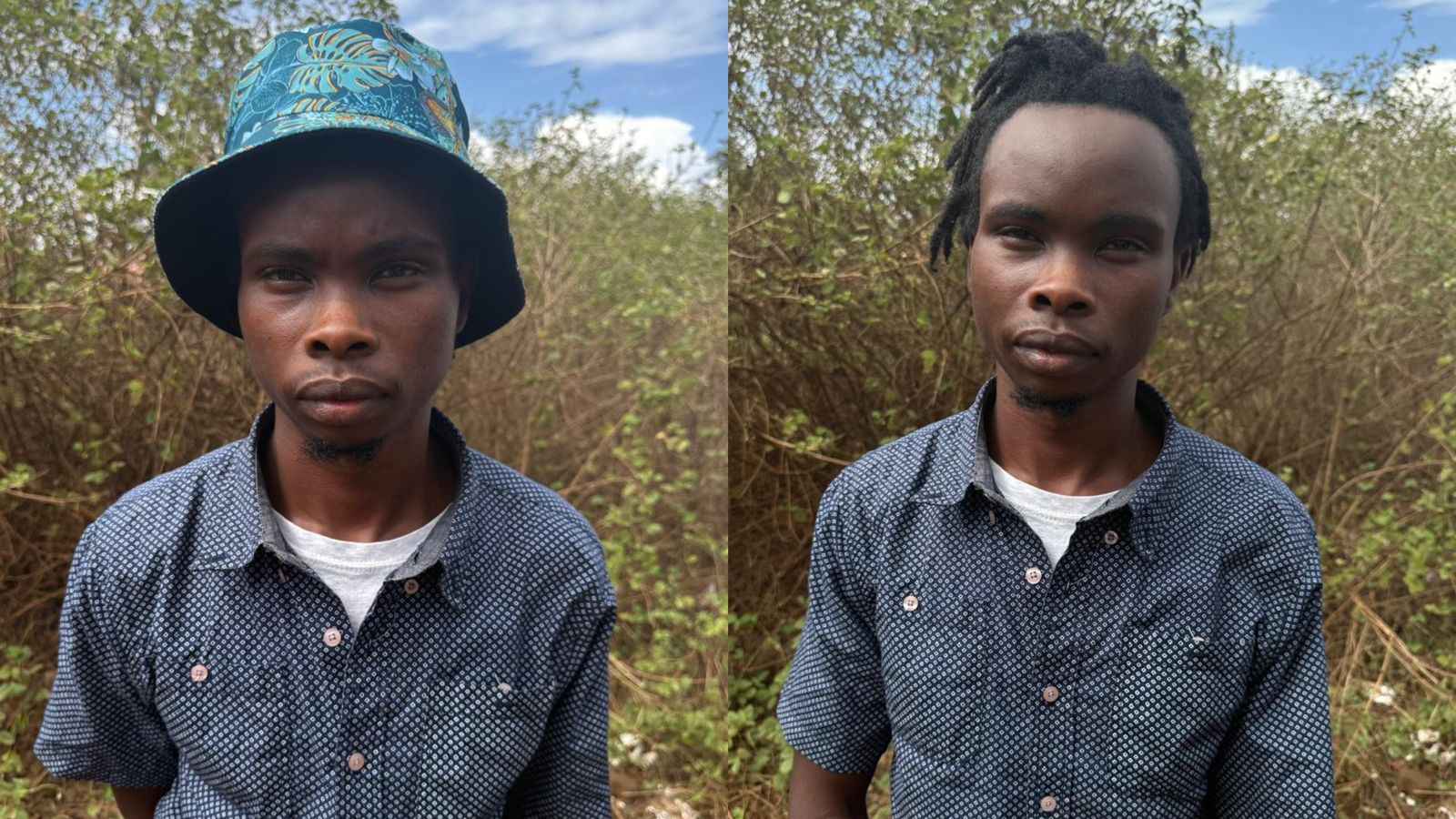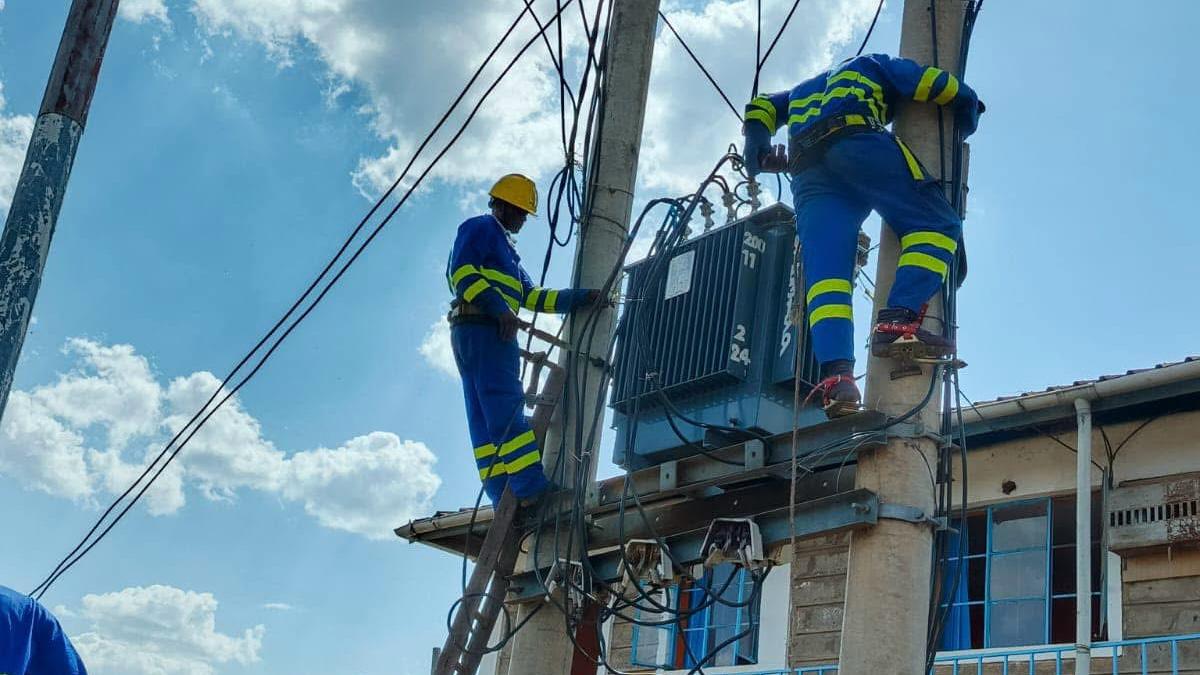In recent days, public debate has been dominated by President William Ruto's move to abolish extra vetting for ID registration in border counties.
While residents and leaders drawn from the northern parts of Kenya have supported the move, other leaders including Trans Nzoia Governor George Natembeya have criticized Ruto and raised security concerns over the move.
This article will detail what extra ID vetting is and the controversy surrounding the abolishment.
ID Vetting
Technically, as detailed in the Registrations of Persons Act, all Kenyans who apply for IDs undergo vetting as they are required to provide information about their place of birth, occupation, residence, and details of their parents' names among others.
Read More
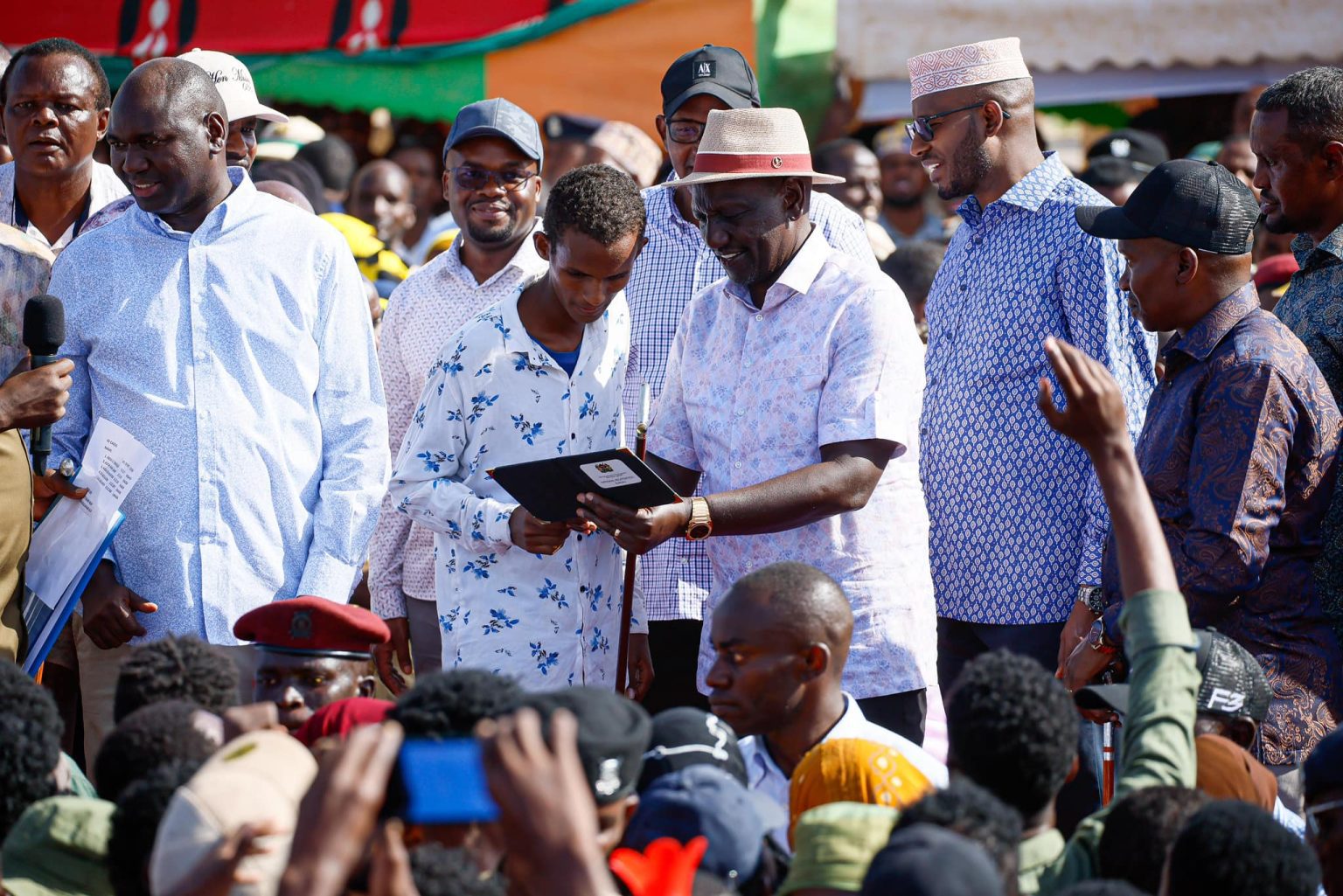
However, residents from border counties such as Mandera, Marsabit, Garissa, and Wajir faced extra scrutiny and vetting during the application.
As detailed by the residents, they would often be forced to undergo several vetting exercises to ascertain whether their parents and grandparents are Kenyans. This was done to ensure that foreigners, especially Somalis from Somalia do not get registered in Kenya.
Some even lamented that they would be required to go to Nairobi for extra vetting before they are issued with IDs.
In the old system, local leaders such as clan elders, chiefs, and police would be involved to scrutinize and screen the ID applicants.
Ruto's Abolishment
Following a request made by leaders from the affected counties, Ruto actualized his election campaign promise by abolishing the extra vetting for those in border counties.
Ruto explained that the extra vetting was discriminatory and made it difficult for youth in the affected areas to get the ID cards.
“If it’s about vetting, let all children of Kenya be vetted equally without any discrimination,” the President said.
The Ministry of Interior also added that the extra vetting was an avenue for corruption.
Controversy
While leaders from the border countries have supported the move, other leaders have expressed concern over the security risks posed by the abolishment.
As detailed by Natembeya, a former regional commissioner, the extra vetting was a security measure that prevented aliens and foreign criminals from getting the registration document.

In particular, Natembeya warned that terror groups such as Al Shabaab would take advantage of the abolishment to come into Kenya.
"This is going to turn into a scramble for Kenya because they have opened the door to problems they won’t be able to stop. I am deeply concerned that terrorists could simply come in, and obtain IDs, and nobody would know their background. You just walk in, and you are given an ID," the governor said.
On his part, Wiper leader Kalonzo Musyoka alleged that the plan was political and aimed at increasing votes for the government side in the 2027 General Election.
"If that is their plan to increase votes for 2027, they will fail. Even those who are given ID cards will eventually turn against them," Kalonzo stated.
Conversely, leaders and residents from the border counties called out the duo, terming their remarks as tribal and discriminatory.
“They attempt to vilify and unjustly profile an entire community as terrorists, an indefensible and outrageous accusation especially coming from a person in a position of elected leadership,” Eldas MP Adan Keynan said.
Regardless of Ruto's move, the Ministry of Interior has maintained that the removal of the extra vetting does not mean a lapse in security alertness and checks.
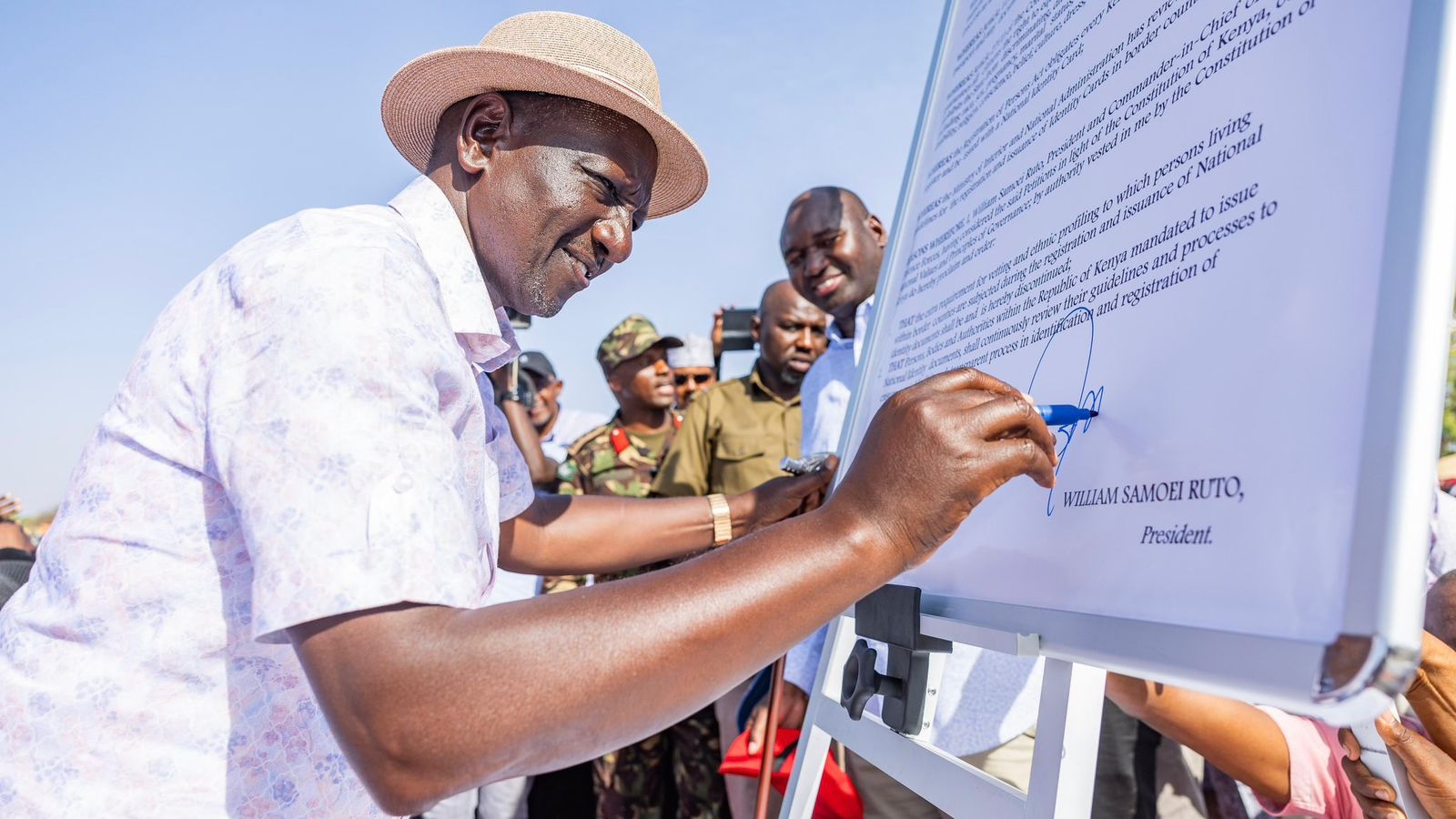
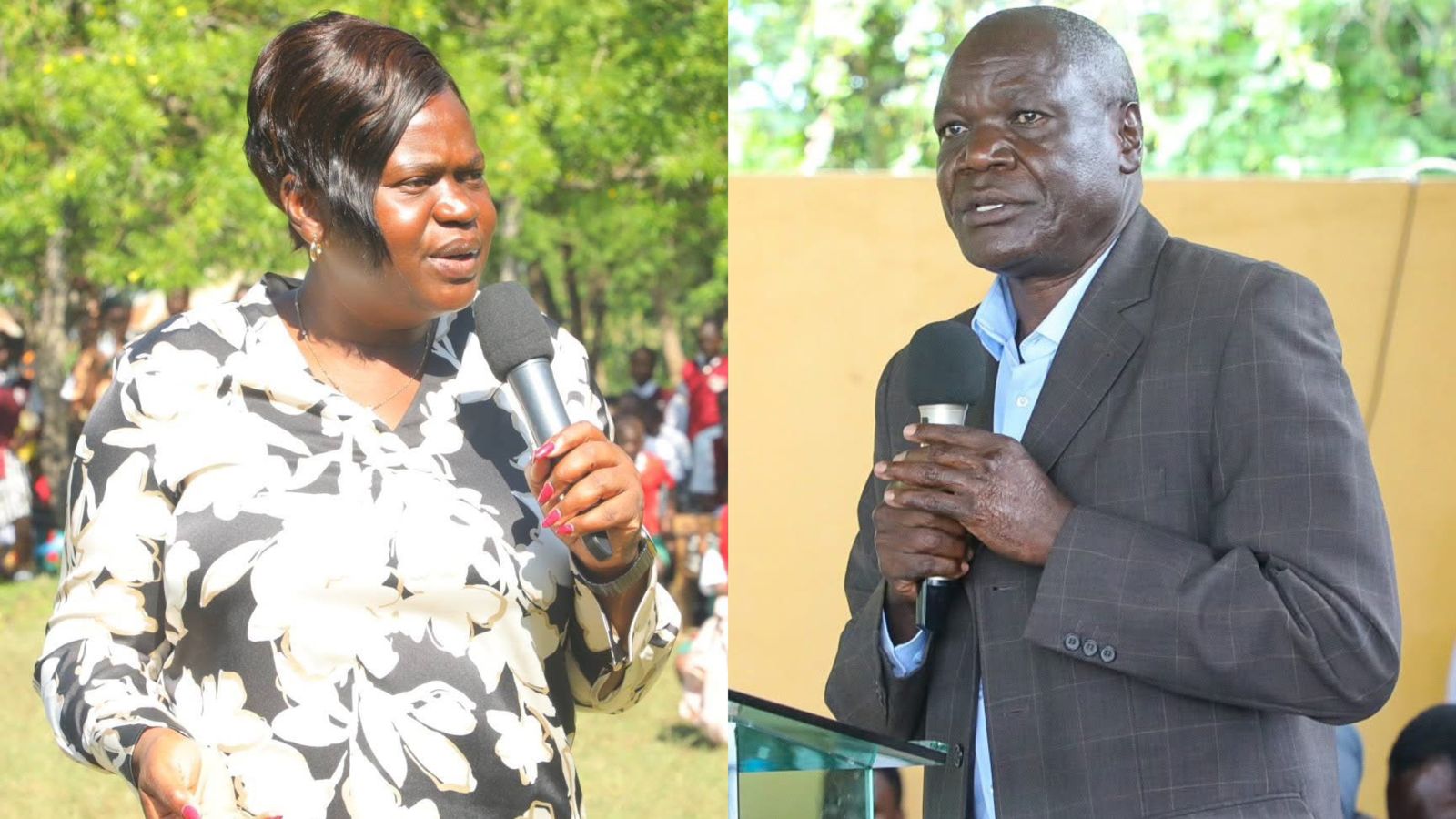
-1772133741.jpg)
